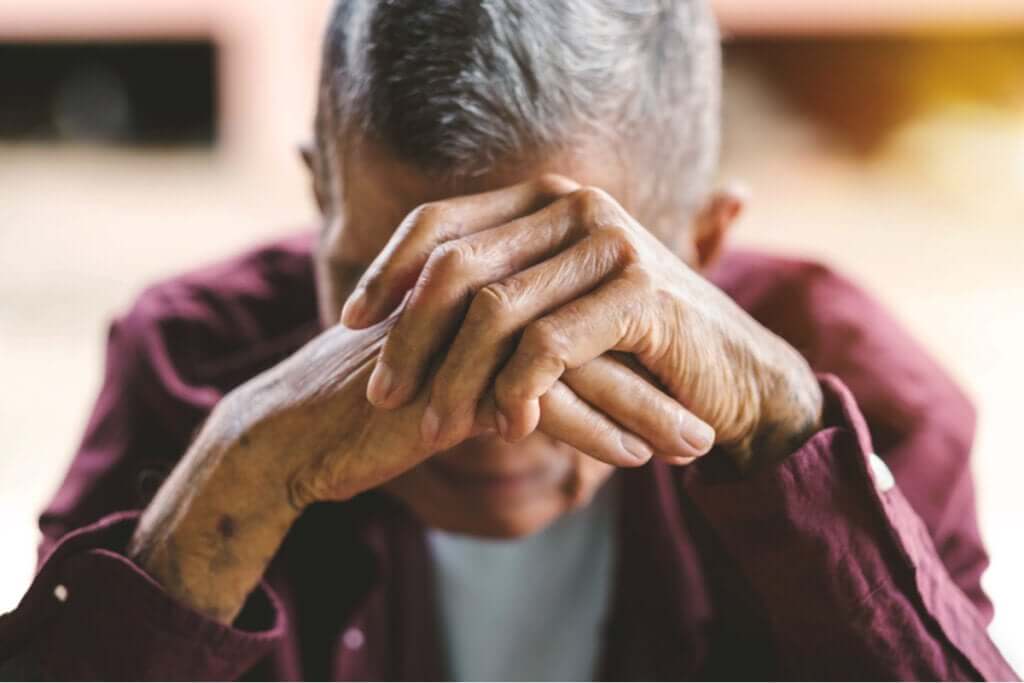Stroke is a condition that can have serious consequences and lead to moderate to severe disability, however, there are other types of sequelae that may be less important, but are equally important, which also makes them very disabling, such as emotional and behavioral changes. that we will discuss in this article.
The truth is that neuroreducation focuses more on the recovery of motor sequelae, such as hemiplegia, gait disturbances, aphasia, cognitive deficits, etc. , these sequelae are more frequent over a wide range and require a lot of attention. behavioral disorders are not treated, physical rehabilitation may not progress as expected.
- A stroke is a sudden disorder of brain blood circulation that generates a combination of physical symptoms and mental changes that can persist over time.
It affects 130,000 people a year and it is estimated that more than 300,000 will have functional limitations after stroke, is a widespread disease and is currently on the rise, however, it should be noted that 90% of strokes can be prevented.
Stroke affects men and women around the world, is the leading cause of disability in adults and 35% of those affected are of working age, so it is not a problem that affects only the elderly.
Among all the consequences derived, some very serious, in most cases, people who have recovered from a stroke have psychopathologies derived from the perception of a loss of functional capacity, alterations that can be even more disabling than the physical sequelae of a stroke. .
These are highly variable symptoms from person to person and can be difficult to diagnose and detect, however, some resources need to be applied to promote adequate detection and response.
Adaptive social behavior requires an understanding of the views of others, their way of seeing the world, and their perspective; this capability is known as mind theory.
Lack or deterioration of mentalization can lead us to be unable to understand the people around us and not be sensitive to their needs, making social relationships very difficult.
As we have seen, emotional and behavioral changes are natural reactions derived from stroke itself, however, they can have a negative impact on the patient’s recovery, good predisposition and motivation are essential for rehabilitation to progress positively and the patient recover as quickly as possible.
Therefore, in addition to neurorehabilitation and neuropsychological rehabilitation, patients and their families would receive psychological assistance for the proper management of these changes so that they do not pose an obstacle to recovery.
It is also important to pay attention to the emotional state of the family and the primary caregivers of patients.
Caring for dependents is a heroic job that can often affect the psychological state of caregivers. If caregivers are not well, the quality of care may be affected. There’s no better way to take care of someone than to take care of yourself first, so we can offer valuable help.

